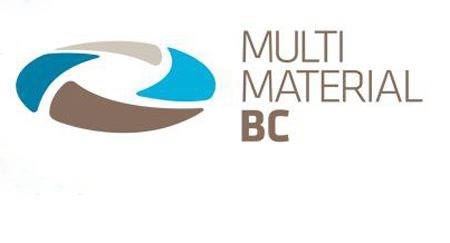With the city committing to help fund recycling services only through the end of the year, the rest of the regional district has to figure out to pick up the shortfall in 2015.
Last month, Regional District of Fraser-Fort George directors agreed to extend their contract for recycling drop bins services with Cascades Recovery through the end of May 2015. The contract was going to expire May 31 in anticipation of the new provincial packaging and printed paper stewardship plan that began on May 19.
However, Multi-Material B.C. (MMBC), the group representing the producers the province mandated as responsible for recovery of the material put into the marketplace, only set up the city of Prince George with a third-party recycling service after every RDFFG municipality turned down their offer to run the recycling pick up themselves.
Curbside pickup for single-family homes in the city that already receive garbage collection is expected to begin in September.
The regional district has to set up a new service for the remaining member municipalities and electoral areas to cover the cost of recycling service under the new regime.
During a Wednesday afternoon committee of the whole meeting, regional district directors will attempt to decide what that new fee structure will look like.
Typically, these new fees have to be put to the residents through a referendum but provincial legislation (Environmental Management Act) removes the requirement in this instance since the proposed service is part of an already approved regional solid waste management plan.
The regional district's plan was approved by the Environment Ministry in 2009 and recommends "delivery and expansion of multi-material recycling services as an opportunity to meet the waste reduction objective of 50 per cent by 2015," said a staff report.
Among the options for the directors to consider is divvying up the new service by property assessment base of each community, by population or a mix of the two.
There are also alternatives that include the city of Prince George chipping in based on an estimated 6,000 residents who don't receive curbside garbage collection and won't receive the curbside recycling pick up slated to begin in September.
Staff have recommended using the option based on assessment of land and improvements. "This allocation method is easy to administer as it is our typical requisition allocation methodology," wrote chief administrator Jim Martin.
Delivering recycling services to the smaller communities and rural areas over the five-month period would cost $170,000, reducing the 2015 region-wide solid waste operating expenses by $1.2 million.



